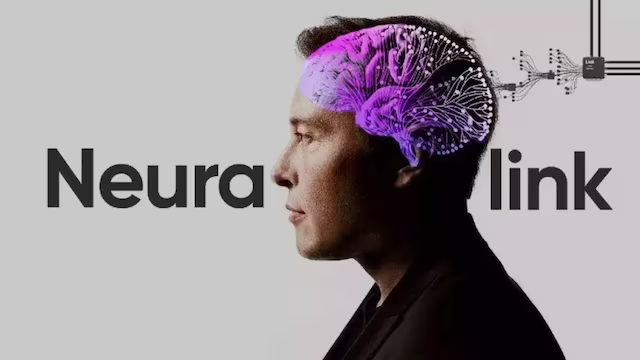On January 28, Neuralink, led by Elon Musk, implanted its first chip in a human, with the initial results showing promising neuron spike detection. The first product, called Telepathy, aims to provide control over devices using just the power of thought.

Promising initial results
Musk revealed that the initial results show promising neuron spike detection. Neuron spikes, as described by the National Institute of Health, are activities by neurons - cells that use electrical and chemical signals to transmit information around the brain and to the body.
FDA clearance and human trials
The U.S. Food and Drug Administration granted Neuralink clearance last year to conduct its first trial to test its implant on humans. This marked a critical milestone in the startup’s ambitions to help patients overcome paralysis and a host of neurological conditions. In September, Neuralink announced that it had received approval for recruitment for the human trial.
The first human received an implant from @Neuralink yesterday and is recovering well.
— Elon Musk (@elonmusk) January 29, 2024
Initial results show promising neuron spike detection.
Role of brain-computer interface
The study uses a robot to surgically place a brain-computer interface (BCI) implant in a brain region controlling the intention to move. Neuralink’s initial goal is to enable people to control a computer cursor or keyboard using their thoughts alone. The implants’ “ultra-fine” threads help transmit signals in participants’ brains.
Introducing telepathy
Musk revealed in a separate post on X that the first product from Neuralink would be Telepathy. The startup’s PRIME Study is a trial for its wireless brain-computer interface to evaluate the safety of the implant and the surgical robot.
Follow Daryo's official Instagram and Twitter pages to keep current on world news.
Comments (0)